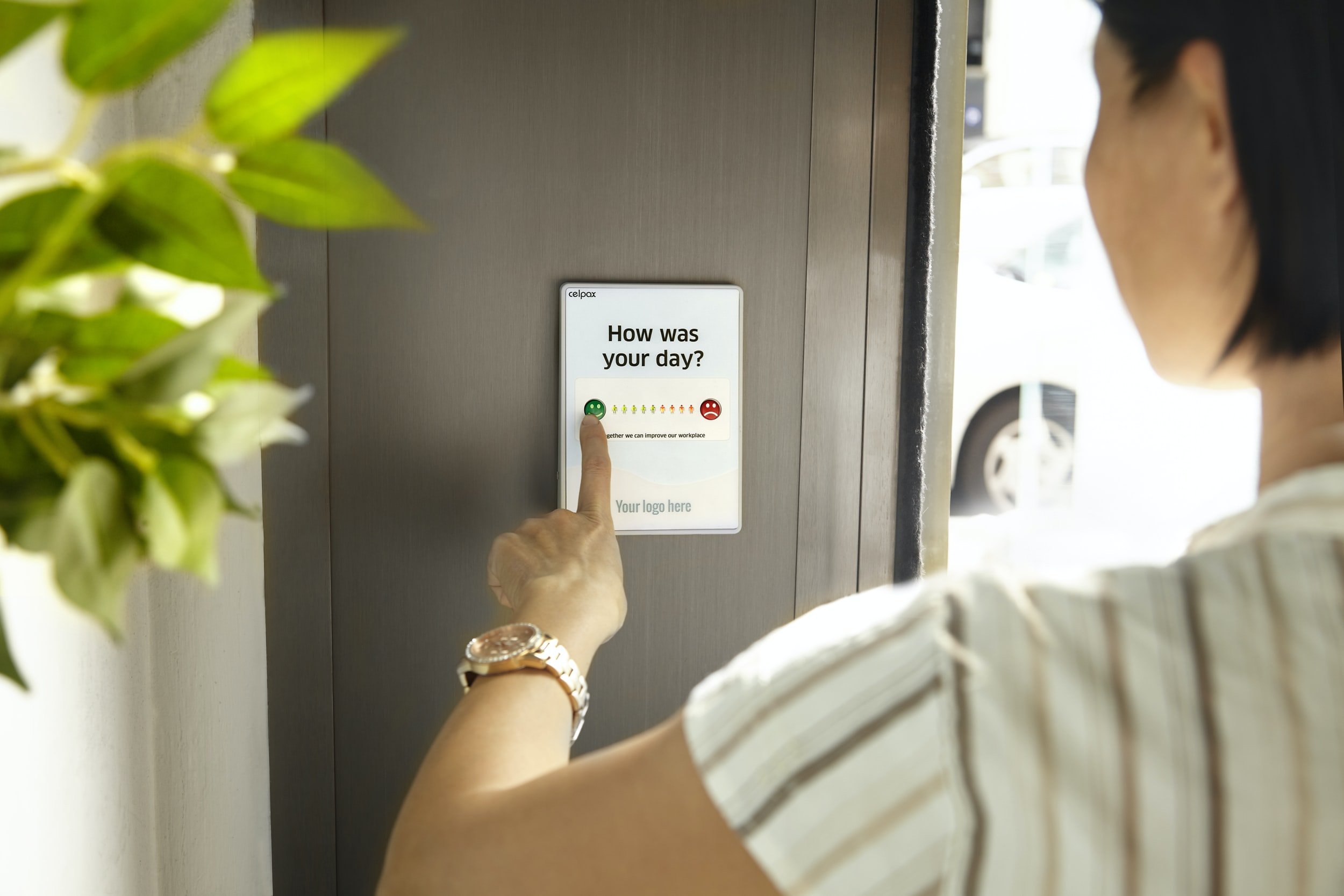Practitioners and Researchers: Negotiating and Building Relationships
The focus for April 2022 is on Research Outside Academia. When trying to co-create research with practitioners, issues of power, different priorities, timelines, and expectations need to be negotiated. This multidisciplinary collection of open access articles offers a variety of perspectives about how to bridge differences.
Andersson, R. (2020). Being a ‘strategist’: Communication practitioners, strategic work, and power effects of the strategy discourse. Public Relations Inquiry, 9(3), 257–276. https://doi.org/10.1177/2046147X20920819
Abstract. This article analyzes communication practitioners’ accounts to interpret what power effects the strategy discourse has on their ‘way of seeing’ themselves and their work. Through an analysis of 26 interviews with communication practitioners, the findings show that strategy, understood as a discursive body of knowledge, has empowered practitioners by enabling them to produce an understanding of themselves as worthy ‘strategists’ possessing unique expertise and competencies essential to their organization, and empowered them to claim intra-organizational power and power over others. The article empirically shows how practitioners engage with the strategy discourse to construct accounts of themselves and their work, and makes a theoretical contribution by exemplifying the problematizing potential of the strategy as discourse perspective by discussing the power effects strategy has on the profession and practice. Thus, the article complements classical and emergent perspectives on strategy in public relations and strategic communication by offering an approach more attentive toward the constitutive effects of strategy on the practice of public relations and strategic communication.
Bartunek, J. M., & Rynes, S. L. (2014). Academics and Practitioners Are Alike and Unlike: The Paradoxes of Academic–Practitioner Relationships. Journal of Management, 40(5), 1181–1201. https://doi.org/10.1177/0149206314529160
Abstract. In this essay we challenge standard approaches to the academic–practitioner gap that essentially pit sides against each other, treating them as dichotomous. Instead, we identify and suggest ways of working with such dichotomies to foster research and theory building. We delineate several tensions associated with the gap, including differing logics, time dimensions, communication styles, rigor and relevance, and interests and incentives, and show how such tensions are valuable themselves for research and theorizing. We show that the gap often reflects views of conflicting groups of academics, while practitioners’ voices are not always incorporated; thus we add a practitioner’s voice to the conversation. We describe the dialectical forces that foster the tensions associated with the gap, including initiatives of national governments, ranking systems, and special issues of journals. We then show how the tensions represent fundamental, unresolvable paradoxes that can be generative of new research and practice if appreciated as such. We suggest several implications for research that build on tensions, dialectics, and paradox. We conclude with a brief reflection about the tensions we experienced while writing this essay and what these might suggest about the importance of academic–practitioner relationships.
de Man, A.-P., Luvison, D., & de Leeuw, T. (2022). A Temporal View on the Academic–Practitioner Gap. Journal of Management Inquiry, 31(2), 181–196. https://doi.org/10.1177/1056492620982375
Abstract. There is consensus about the existence of an academic–practitioner gap in management studies. However, views diverge about the width of the gap and the possibility to bridge it. By introducing diffusion theory into the debate, this article shows the gap is not static, but widens or closes over time. We reconceptualize the academic–practitioner gap as consisting of two different diffusion cycles, one in practice and one in academia. Depending on the shape and timing of these cycles, the academic–practitioner gap is either large or small. Our conceptual analysis based on diffusion theory reveals an undiscussed yet important cause of the academic–practitioner gap, namely, divergent diffusion cycles for academia and practice. This analysis also helps to resolve the paradoxes of academic–practitioner interaction which have been suggested in the literature. For practice, this suggests that interventions proposed to bridge the gap may only work at specific points in time.
Denner, J., Bean, S., Campe, S., Martinez, J., & Torres, D. (2019). Negotiating Trust, Power, and Culture in a Research–Practice Partnership. AERA Open. https://doi.org/10.1177/2332858419858635
Abstract. This article describes the role of culture and power in building a research–practice partnership (RPP). The original aims that drove the building of the RPP were to generate and use research to inform the programs and services provided by the youth-serving organization to Latinx youth and to use the findings to inform research on how to broaden participation in computing. In this article, we describe how the RPP evolved. Data include documentation from meeting notes, e-mails, and observations as well as interviews with practitioners. The results suggest that the research goals and process changed when the partners began to critically analyze and discuss the role of power and culture, and adjustments to the methods and theoretical grounding of the research were made as a result. The lessons learned are summarized in terms of their implications for generating research that has both theoretical and social justice implications.
Entradas, M. (2016). What is the public’s role in ‘space’ policymaking? Images of the public by practitioners of ‘space’ communication in the United Kingdom. Public Understanding of Science, 25(5), 603–611. https://doi.org/10.1177/0963662515579838
Abstract. Studies on experts’ understanding of the public have mainly focused on the views of scientists. We add to the literature on constructions of the public by analyzing the views of decision-makers, professional science communicators and scientists involved in ‘space’ communication on the public and public participation in policy. Findings show that contextual situations and roles determine the way the public is conceptualised: the public is sophisticated and knowledgeable to participate in space activities/citizen science, but in matters of policy, a gullible image of the public is brought up. Despite the democratic talk on participation, practitioners delimited public involvement in policy in some way or other to protect their own power and decision-making capabilities. This conception of the public competes with the stated aims of scientific and political institutions for public engagement and the substantive value of public participation, leaving a limited role for the public in space policymaking.
Ghiso, M. P., Campano, G., Schwab, E. R., Asaah, D., & Rusoja, A. (2019). Mentoring in Research-Practice Partnerships: Toward Democratizing Expertise. AERA Open. https://doi.org/10.1177/2332858419879448
Abstract. Reconceiving relationships between universities, schools, and community organizations through research-practice partnerships, and building capacity for partnership work, necessarily entails rethinking the mentorship of graduate students. In this article, we describe our findings on what mentorship looks like in a now 9-year RPP focusing on educational equity through participatory approaches. The authors include the two project principal investigators and three doctoral students who participated at different stages of the project, one of whom is now a faculty member. In our analysis, we identify dimensions of a more horizontal form of mentorship, involving qualities and skills that extend beyond traditional practices of academic apprenticeship: universalizing who is an intellectual, cultivating community responsiveness, implementing collective structures and protocols, and constructing a shared vision. Our findings shift conceptions of mentorship from individual apprenticeship into a narrowly defined discipline to a collective undertaking that aims to democratize expertise and enact a new vision of the public scholar.
Jarzabkowski, P., Kavas, M., & Krull, E. (2021). It’s Practice. But is it Strategy? Reinvigorating strategy-as-practice by rethinking consequentiality. Organization Theory. https://doi.org/10.1177/26317877211029665
Abstract. In this essay we revisit the radical agenda proposed by strategy-as-practice scholars to study strategy as it emerges within people’s practices. We show that, while much progress has been made, there is still a dominant focus on articulated strategies, which has implications for what is seen as strategic. We anchor our argument in the notion of consequentiality – a guiding yet, ironically, constraining principle of the strategy-as-practice agenda. Our paper proposes a deeper understanding of the notion of strategy as ‘consequential’ in terms of both what is important to a wider range of actors and also following the consequences of these actors’ practices through the patterns of action that they construct. In doing so, we offer a conceptual and an empirical approach to reinvigorating the strategy-as-practice agenda by inviting scholars to take a more active role in field sites, in deciding and explaining what practices are strategic.
Gladden, S. N. (2021). These Stories Must Be Told: Preliminary Observations by a Black Scholar Practitioner on Silences in the Archive. Collections, 17(3), 247–254. https://doi.org/10.1177/1550190620981033
Abstract. As a scholar practitioner, a trained philosophical theologian, Methodist clergywoman, and social enterprise founder who is conducting oral histories as part of my doctoral internship in the IUPUI Arts and Humanities Institute, my scholarly lens and methodological skills are being defined as I interrogate the COVID-19 archive. In this article I attempt to offer some preliminary reflections on my oral history curation focused on how Black and brown artists and activists, primarily based in Indianapolis, IN, frame their lived experiences of death, dying, mourning, and bereavement in the wake of COVID-19 utilizing critical archival practices: those practices that take seriously the methods of critical race theory, critical gender theory, Womanist, mujerista, and feminist methodologies, to name a few. The COVID-19 archive is a collection of oral histories, stories and artifacts depicting the times in which we are living, through the lenses of storytellers grappling with the pandemics of systemic racism, COVID-19, distrust in government, and various relics representing the idea of the United States of America in 2020, as such, I conclude with a brief exploration of how art emerges as both an outlet for creators and a mode of illumination for consumers.
Holthaus, L. (2020). Who Practises Practice Theory (and How)? (Meta-)theorists, Scholar-practitioners, (Bourdieusian) Researchers, and Social Prestige in Academia. Millennium, 48(3), 323–333. https://doi.org/10.1177/0305829820935177
Abstract. Practice theory has become a popular and avowedly pluralistic research programme in European and Canadian international relations (IR). It promises the end of monolithic grand theorising and armchair analysis. Yet, taken together, practice theory’s pluralist character and methodological promises raise the question: who practises practice theory (and how)? I deal with this question through a discussion of three different, representative, and sociologically important books. On this basis, I depict three (ideal-)types of authorship. They include the (meta-)theorist, the scholar-practitioner, and the Bourdieusian researcher. I show that authors remake practice theory’s theoretical claims by relating practice to theory in different manners, such as deep theorising, reworking of experience in inductive theorising, and reflexive conceptualisation. I focus less on the enduring position of (meta-)theorists. I rather argue that the different academic practices indicate that the authors seek prestige within practice theory and neighboring scientific communities. For this purpose, I approach prestige as durable esteem due to occupational achievements. Finally, I ask how the new scientific demands of practice theory might impact young, less established academics.
Xu, W., & Zammit, K. (2020). Applying Thematic Analysis to Education: A Hybrid Approach to Interpreting Data in Practitioner Research. International Journal of Qualitative Methods. https://doi.org/10.1177/1609406920918810
Abstract. Thematic analysis (TA), as a qualitative analytic method, is widely used in health care, psychology, and beyond. However, scant details are often given to demonstrate the process of data analysis, especially in the field of education. This article describes how a hybrid approach of TA was applied to interpret multiple data sources in a practitioner inquiry. Particular attention is given to the inductive and deductive coding and theme development process of TA. Underpinned by the constructivist epistemology, codes were driven by both data per se and theories, through a “bottom-up” and “top-down” approach to identify themes. A detailed example of six steps of data analysis is presented, which evidences the systematic analysis of raw data from observation and research journals, students’ focus groups, and a classroom teacher’s semistructured interviews. This example demonstrates how classroom practice was unpacked and how insiders’ insights were interpreted through the theoretical lens while also allowing the participants to express themselves. By providing step-by-step guidelines in data coding and identification of themes, this article contributes to informing qualitative researchers, especially teacher-researchers who undertake their research in the classroom setting.



















Interviewing participants in difficult or emotional situations? Learn from Bethany Morgan Brett and Katy Wheeler.